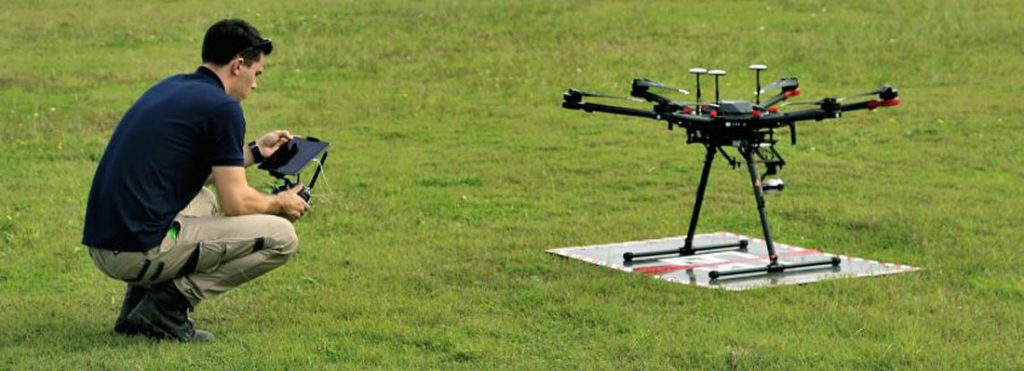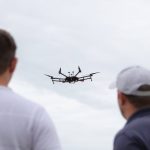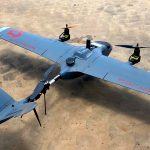Drone Rego is almost here.

Mandatory drone registration and accreditation is coming soon to Australia. Before you sigh at the thought of more red tape and another fee – let’s consider some of the benefits it will bring, which may in fact outweigh the costs.
Less rule breakers
Drones are fast becoming an essential tool for many businesses (and toy for hobbyists) across Australia. Their popularity and affordability have given rise to a growing number of risk-taking, carefree users who don’t pay much attention to rules or public safety. Unlike manned aviation, flying a drone is not restricted to designated/approved airspace nor do you have to be a trained/licensed pilot to operate one – which introduces serious risks if not operated safely.
While strict RPAS regulations exist, and for good reason, they are difficult to enforce – especially when it comes to unidentified flying objects. By registering drones, the much-needed link between user and aircraft will help regulators to monitor and identify illegal activities more easily and hold nonconformers accountable. The mere concept of this exposure should (hopefully) make the daredevils think at least twice about flying within the prescribed limitations.
Better insights
The information provided as part of the registration process will also improve the availability of data for decision-makers, allowing regulators to better understand the nature of drone use across recreational and commercial applications, so they can focus their efforts on promoting safe operations rather than restricting them.
Improved Safety
Unless you hold a Remote Pilot Licence (RePL), all drone pilots will also require accreditation to fly. This consists of watching an online video and successfully completing a short quiz to demonstrate their understanding of the drone safety rules. Accreditation will be free and will need to be renewed every 3 years.
According to CASA, drone registration and accreditation aims to ensure people understand the rules and are flying responsibly.
So how will it work?
Commercial Registration
All drones, regardless of type or weight, flown for commercial gain will need to be registered.
- Registration required by: 28 January 2021 (opens 30 September 2020)
- Registration cost: estimated $100 – $160 per drone per year
Excluded Category Operations Registration
All drones flying under the excluded category (drones weighing less than 2kg or flying over your own land) will need to be registered.
- Registration required by: 28 January 2021 (opens 30 September 2020)
- Registration cost: estimated $100 per drone per year
Recreational Registration
If you fly for fun, all drones weighing over 250g will soon need to be registered.
- Registration required by: 30 May 2022 (opens March 2022)
- Registration cost: estimated $20 per drone per year
Drones weighing 250g or less, or those only flown indoors, will not need to be registered.
Model aircraft only flown at CASA-approved model airfields will not need to be registered.
Accreditation
Before you can fly any drone, accreditation will be required, unless you hold a Remote Pilot Licence (RePL).
- Consists of online video of drone safety rules with a short quiz
- Accreditation will be free and will need to be renewed every 3 years.
Registration Requirements
- Must be 16 years or older
- Have a myCASA account and ARN (Aviation Reference Number)
- Provide proof of identification
- Provide drone details including Make, Model, Serial Number, Weight and Type
Registration is available through your myCASA account from 30 September 2020.
More information at https://www.casa.gov.au/drones/register
Disclaimer: Every effort is made to provide information that is accurate, however all information in this article is subject to our own interpretation of the material, and we take no responsibility for matters arising from changed circumstances or material which may affect the accuracy or currency of the information. Always consult CASA for clarification or confirmation.
Related Articles: What is CASA’s MOS and why does it matter?, Aerial Surveys by drone, Strengths & Limitations of Photogrammetry, RTK and PPK Drone Surveys, LiDAR or Photogrammetry







